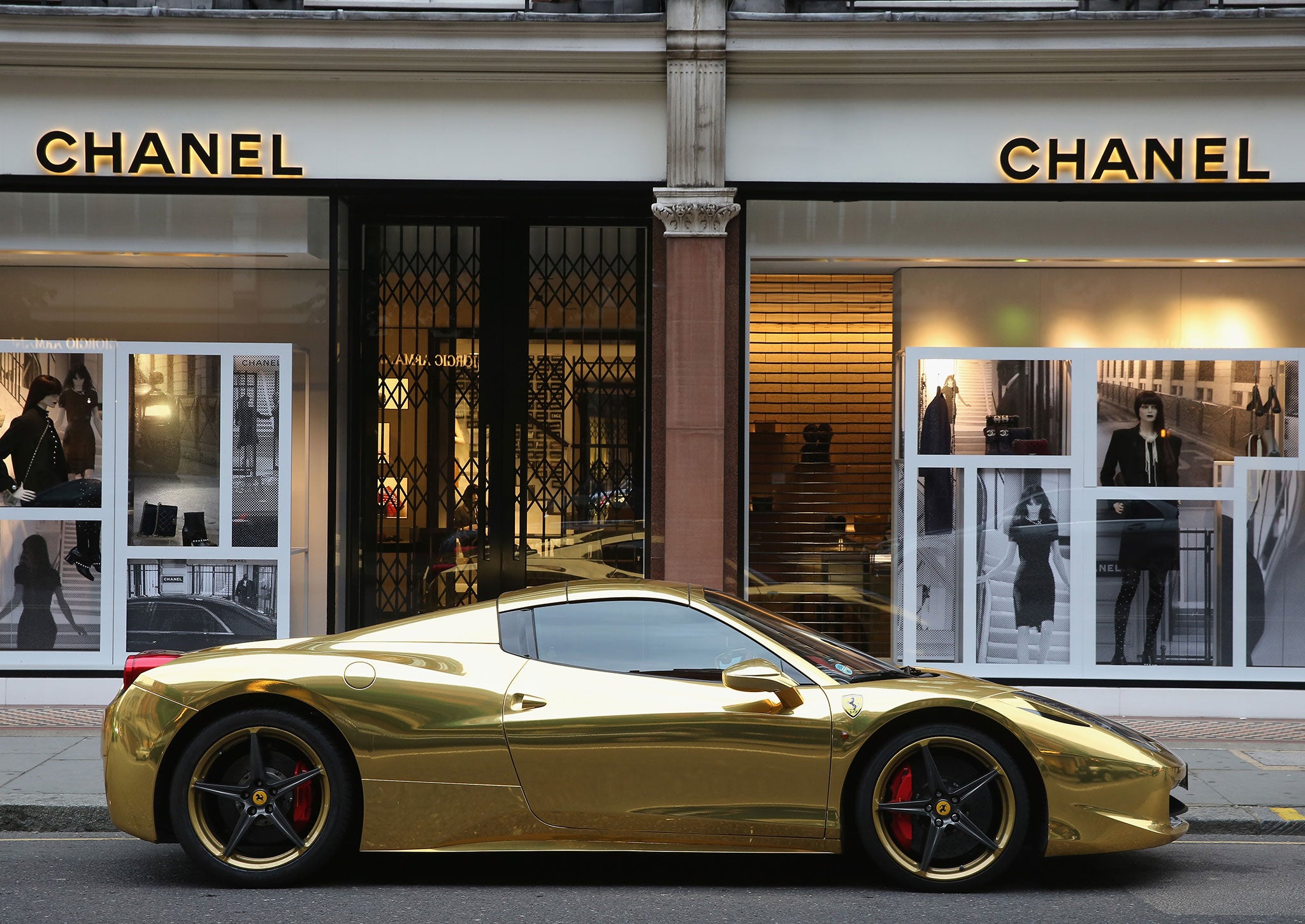Sunday Times Rich List: We are no longer in thrall to the super rich
Today we know better than to believe in the fantasy that money give you better relationships, or makes you happy

Your support helps us to tell the story
From reproductive rights to climate change to Big Tech, The Independent is on the ground when the story is developing. Whether it's investigating the financials of Elon Musk's pro-Trump PAC or producing our latest documentary, 'The A Word', which shines a light on the American women fighting for reproductive rights, we know how important it is to parse out the facts from the messaging.
At such a critical moment in US history, we need reporters on the ground. Your donation allows us to keep sending journalists to speak to both sides of the story.
The Independent is trusted by Americans across the entire political spectrum. And unlike many other quality news outlets, we choose not to lock Americans out of our reporting and analysis with paywalls. We believe quality journalism should be available to everyone, paid for by those who can afford it.
Your support makes all the difference.Spring is breaking out all over. The swallows have arrived, orange-tip butterflies flit over the cowslips, and – just to prove that, where there is beauty, ugliness is never far away – the Sunday Times Rich List has been published.
This annual event is nothing if not predictable. There are teeth-and-tan pictures of contented billionaires, and fawning biographies concentrating on the domestic and charitable. The rich are adding to their wealth faster than ever, apparently. Who would have thought it? And, yes, London has more billionaires than any other city in the world.
But suddenly, all this fantasy-mongering feels like it belongs to a forgotten age. The list is dominated, as ever, by those with the words “investment”, “finance”, “inherited” and “property” beside their names. Once these people – for whom money-making is an end in itself rather than a by-product of what they happen to do – were the beaux idéals of Thatcherism and Blairism. They created wealth, we were told, and what they made trickled down to benefit the rest of us.
Today we know better than to believe all that. Many of those flying under the flags of “finance” and “investment” are the people who pushed the world into recession. The “inheritance” billionaires are, extraordinarily, still living off the sometimes rather dubious money-making exploits of their forbears. It is the “property” gang who are despoiling parts of our cities and countryside in the name of money, and many of whom are responsible for keeping countless large houses in central London dark and empty at a time when they are needed more than ever.
Even the personal positions of the rich seem somehow less enviable than they once were. Their hobbies and perks – Lear jets, football clubs, vast houses with underground gyms and private cinemas – seem mildly futile.
The concept of what wealth actually means has begun to change and broaden. The old template of success – that of making loads of money and being able to acquire more stuff than other people – is no longer quite enough.
Another view of life – one that does not revolve around figures on a balance-sheet – is taking hold. Its benefits may seem a touch wimpish beside the mansions and tropical islands of the Rich List, but they have real value: appreciating the people and the world around us; living adventurously; having happy relationships, doing work which contributes to the lives of others. These non-materialistic acquisitions form a new kind of wealth – a capital of experience rather than of money.
No one is suggesting that the lives of oligarchs and earls, their beautiful wives and rosy-cheeked children, is actually made unhappy by their billions. It is simply that the way of life which they are held to exemplify suddenly seems a little tinny and inadequate.
Of course, there will be those now studying for A-levels and at university who dream of one day of emulating multibillionaire Len Blavatnik, the Barclay brothers, or Tamara Ecclestone, but they will be the oddballs. Most of their peers will, quite sensibly, look to a better, fuller kind of wealth than that portrayed every year in such adoring detail by the Sunday Times.
Join our commenting forum
Join thought-provoking conversations, follow other Independent readers and see their replies
Comments